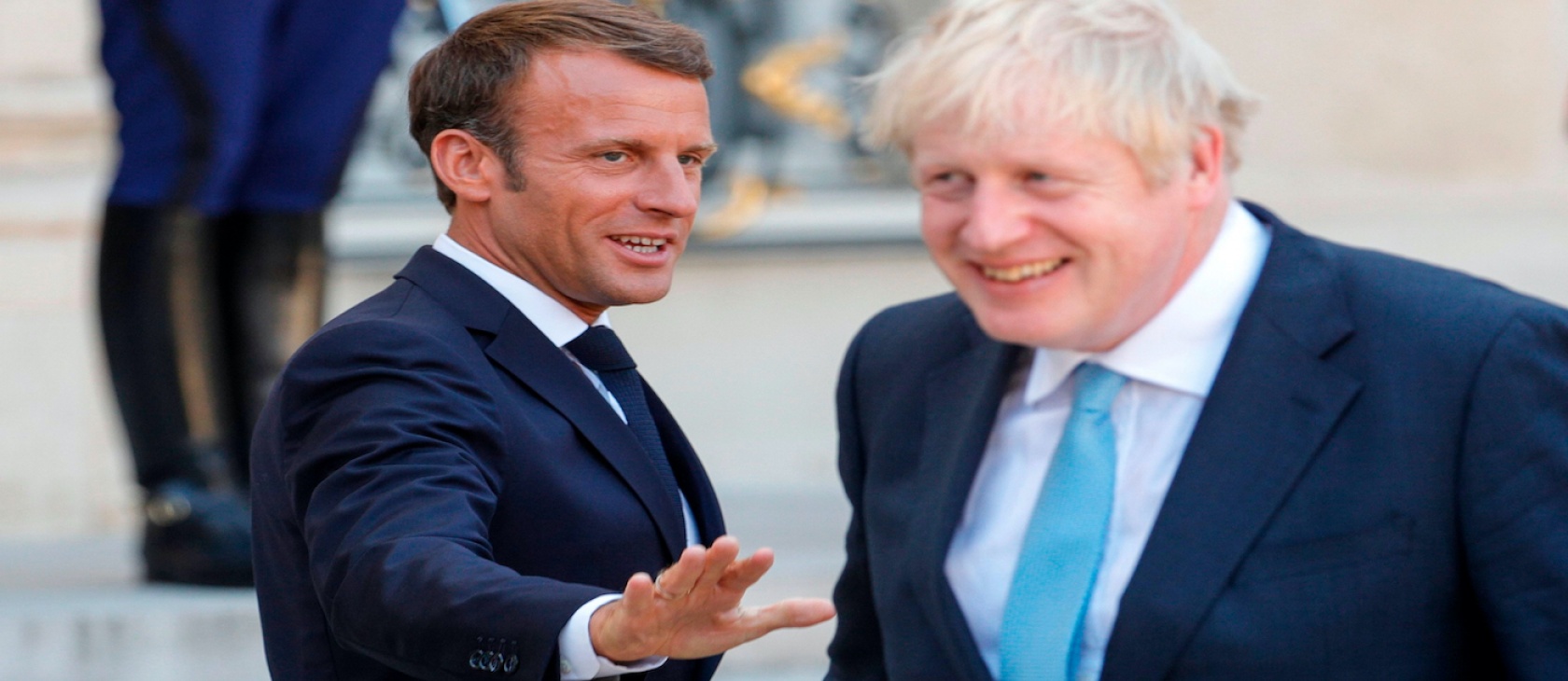As we approach the end of 2020, Brexit talks have broken down, because the two sides disagree over the same three issues as they did when talks commenced at the beginning of the year. Each of these issues goes to the heart of the UK’s desire to become a free-trading, independent, sovereign nation – like, for example, the United States. Those issues are:
1. Fishing rights. Currently the EU’s member nations, including the UK, negotiate quotas for the fish caught in UK sovereign waters. The fishing port of Grimsby on the east coast of England voted to leave the EU by 70% to 30%. In the 2019 General Election, Grimsby dumped its socialist Member of Parliament and elected a pro-Brexit Conservative for the first time in 85 years. The sitting socialist MP’s share of the vote fell from 49.4% to 32.7%. The people of Grimsby and other fishing ports understood precisely the importance of Brexit for their industry; all they wanted was the basic principle that the UK should control its own fishing waters.
The EU, especially the French, do not want to give up the British fish. At one point in the negotiations, the EU offered the UK 18% of the fish in its own waters. This tells you almost all you need to know; the EU completely misunderstands what it means to be an independent, free-trading, sovereign nation. The UK need to remind President Emmanuel Macron that in the event that no trade deal is agreed with the UK, the French and EU quota of British fish will be 0%.
2. Eliminating EU regulations. Brussels demands that the UK accept the EU’s regulatory regime. Incredibly, the EU refers to this as the “level playing field.” But the point of being a free nation is that we regulate our own standards. We deal with other countries on the basis of standards which are agreed in negotiation, not the blanked imposition of the EU’s copious standards and arrangements. What if the UK wishes to vary its environmental standards in agriculture in either direction? We cannot. What if the UK wishes to have different standards for meat processing? We cannot. Why is anyone surprised that one of the basic areas which led to our departure remains a sticking point, because the EU wishes to retain its own sovereign control over the UK?
One particular area of dispute is “state aid” to industry. I am not very keen on state aid to industry, as it props up inefficiency. However, the decision is surely one for the British government and Parliament, not the EU. (And when it comes before Parliament, I will oppose it.)
3. The European Court vs. British legal sovereignty. Not only does the EU want to impose its own sovereignty over the UK’s fishing and regulation, it also wants to be the judge in the case of any disputes. The UK would remain subject to the rulings of the European Court of Human Rights. The court’s bias is so thoroughly pervasive that one could literally predict the outcome of every single dispute or case that went before that esteemed body. The right to determine the laws of the land, and their administration, is a fundamental aspect of national sovereignty.
The EU loves a crisis. Brexit talks inevitably go down to the wire – and the experience to date is that at that point, the British crumble. That is what former Prime Minister Theresa May did. We cannot be sure that Boris Johnson will not do the same, although his scores of new MPs elected from the Brexit districts would feel completely betrayed … and would lose their seats at the next election.
It would be better to have an agreement to ensure smooth, tariff-free trade with the EU. However, it must not come at the cost of the sovereignty we voted to reclaim, nor at the expense of the ability to engage in free trade globally. This path may cause some degree of short-term pain, but we have not come this far to surrender to the Remainer establishment on the last day. Perhaps we should simply trade on World Trade Organization terms, which is the alternative to a trade deal with the EU. This option would allow us to retain our sovereignty and to improve on the WTO’s terms by striking free trade deals with other countries.
It is impossible to imagine that we are at this place at this late date. The United Kingdom voted to leave the European Union in June 2016, more than four years ago. We are now on our third Prime Minister since the referendum, all from the Conservative Party. The first, David Cameron, was so certain that the country would vote Remain he went to bed rather than listen to the results; he had to be awoken to be told the people had voted Leave. He resigned within days to be replaced by the sincere-but-hapless Theresa May. The “New Brexit deal” that May promoted was frankly dreadful and threatened to surrender our independence. Parliament - where her own party was divided between a Remainer establishment and Brexit supporters – voted it down by historic margins, and May resigned in June 2019.
The Conservative Party was determined not to allow another Remainer to take the helm, resulting in Boris Johnson becoming Tory leader and Prime Minister. Parliament remained deadlocked. Eventually Boris Johnson was able to force an election which had been prevented by the socialist and Remainer opposition in the hope of frustrating the Brexit process. Johnson’s electoral message was, “Get Brexit done.” In December 2019, he won a landslide victory. Numerous districts saw swings of 25-30% to the Conservatives. It also helped that the leader of the main opposition, Labour Party leader Jeremy Corbyn, was an extreme left-wing socialist. England, in particular, is a conservative nation. Culturally conservative, working-class voters who supported Brexit were never going to vote for a socialist party.
The initial deal was voted through Parliament before the end of 2019. This was simply the arrangements for leaving, though “simply” probably isn’t the best word. May had made an enormous strategic error by decoupling the “leaving arrangements” from the future “trading” arrangements. This allowed the EU to dictate terms that might then be incompatible with a free trade arrangement. And to be sure, that is exactly what it did. In particular the Withdrawal Treaty guaranteed no “hard” customs borders before the trading arrangements were agreed, giving the EU a trump card in those negotiations.
So, the United Kingdom left the European Union at the end of January 2020, with a 11-month transition period during which there would be no change to the trade and tariff arrangements. Meanwhile, the future trading agreement would be negotiated. This is the negotiation which has stalled. The EU wishes to tie the UK as closely as it can to its own terms and conditions in return for tariff-free trade.
One has to remember that the EU is a customs union – that is, a free-trade organisation only between its own members and only through the acceptance of an extensive regulatory framework and social legislation. This is an arrangement to which any supporter of the free market and UK independence should say, “No thanks.”
These three issues remain the key “sticking points” in our separation from the EU’s “ever-closer union.” Nothing has changed in the course of the year.




